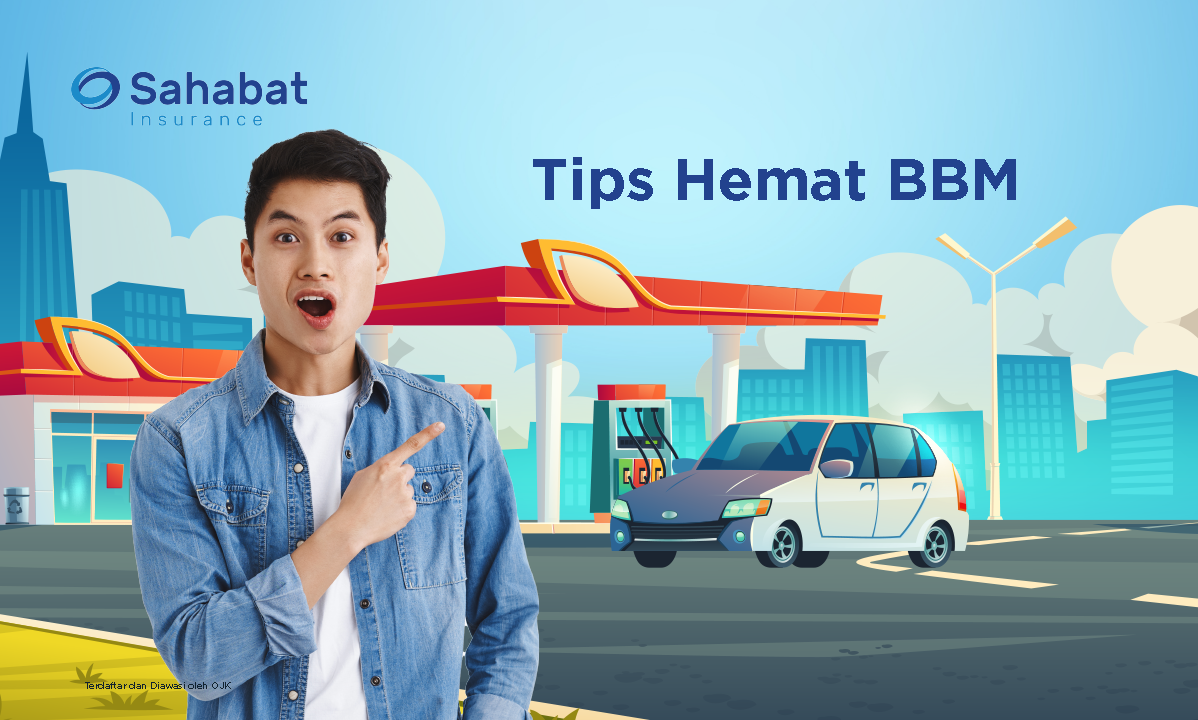Fuel Efficient Driving Tips
Terakhir Diubah : 08:33:46 - Wednesday, 11 May 2022

Efficient car fuel is certainly the desire of all vehicle owners to save costs.
Fuel economy is not solely influenced by engine configuration and vehicle specifications. Another factor that can make fuel efficient is the user's driving style.
Keeping Car Speed
One way to drive fuel efficient cars is to maintain speed. A fast vehicle speed will make fuel wasteful when compared to a constant speed of 60-80 km per hour.
Keeping Car Engine Spin
To keep the car's fuel efficient, the driver must keep the engine in low revs. Engine performance at high rpm or RPM above 2,000 will make the vehicle suck up more fuel.
Precise Gear Shift
In manual transmission cars, the driver must shift gears appropriately to make the fuel used not too much. The habit of shifting gears late will make the engine RPM high so that it wastes fuel.
Maximize Engine Brake
Another way to save on car fuel is to maximize the engine brake when reducing the car's speed. Drivers are required to know the path taken in order to know the best time to reduce engine speed so as not to use the brakes suddenly.
Avoid Sudden Acceleration and Braking or Stop and Go
Car drivers need to maintain a constant speed while driving on the roads. Avoid sudden acceleration (step on the gas) or sudden braking to keep your car fuel efficient.
Reduce Load
Bring the load according to the capacity of the car, do not overdo it. Stereo equipment, luggage on top of a car or large Velk turns out to be more free than passengers or bags.

 Indonesia
Indonesia
